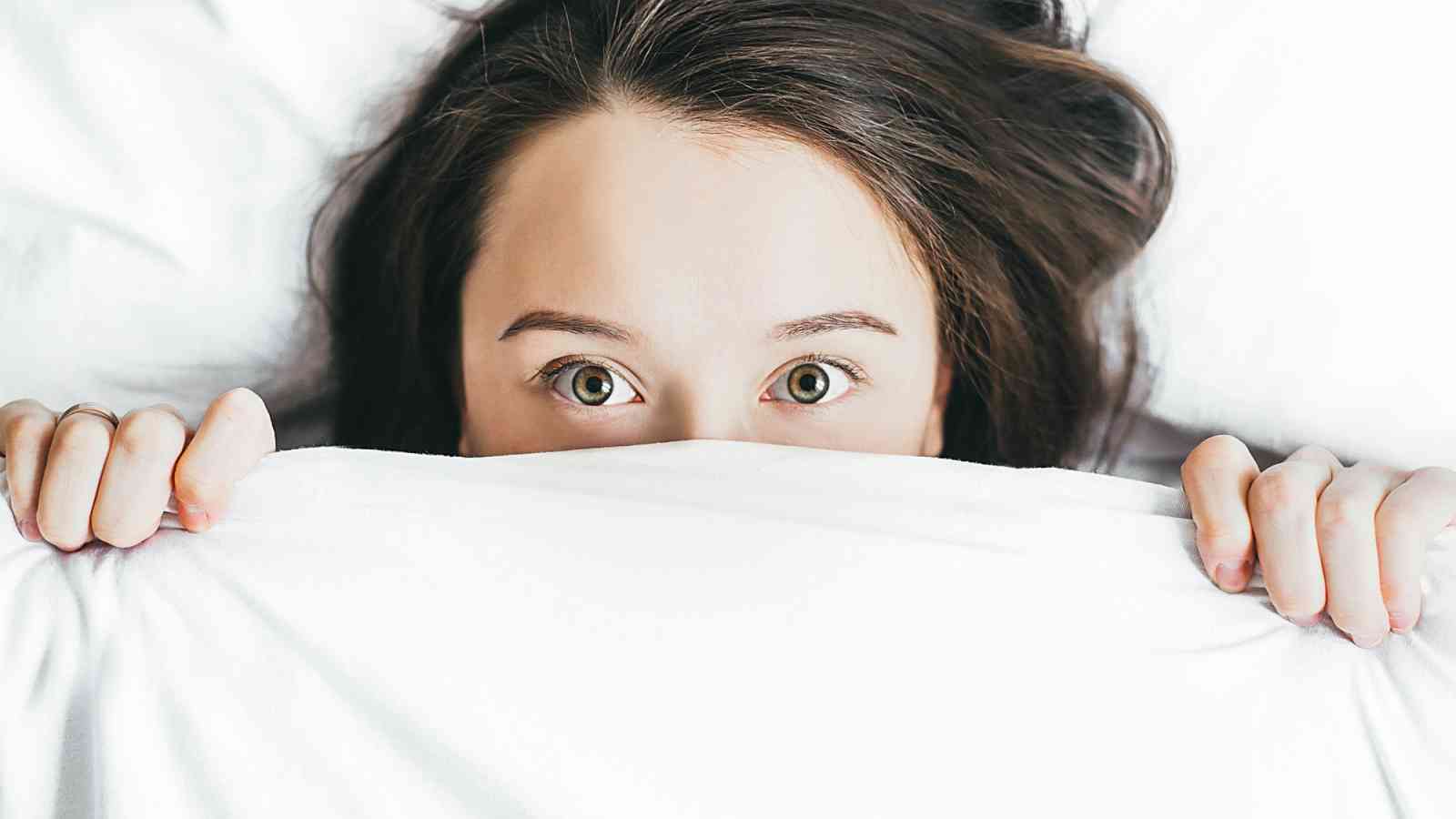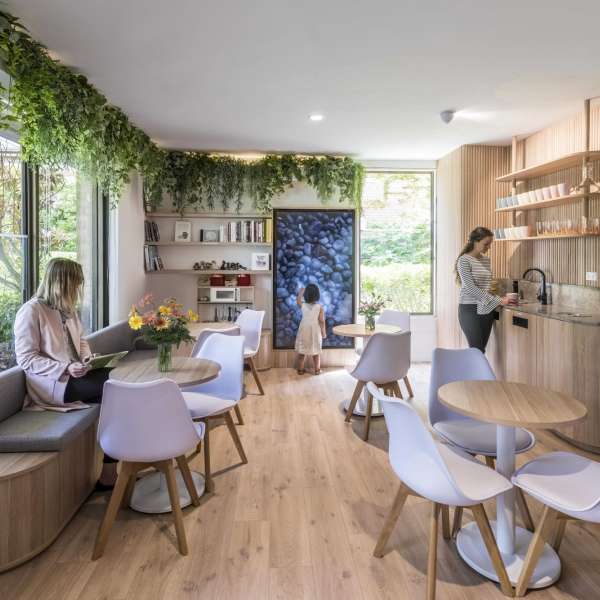
SELF-HELP FOR INSOMNIA
Do all this for at least two weeks, while you are establishing a normal sleep rhythm. You can start to relax it once your sleep is better.
Photo: courtesy from Alexandra Gorn
During the morning:
- Spend time outside in sunshine. The sunlight helps to reset the hormone melatonin, which regulates sleep (and many other functions). Sunlight also helps to make a number of chemicals (particularly vitamin D and cholesterol sulphate) which are important for a range of metabolic functions. Be out for at least 20-25 mins
- Spend time in nature, presumably when you are outside getting sunshine. Being in nature has measurable calming effects on our bodies.
- Exercise or move your body in a way you can tolerate. Exercise promotes sleep, but exercise too late in the day can be stimulating, making it difficult to sleep. So do your exercise in the morning.
During the day:
- Don’t drink ANY caffeine (coffee, tea, chocolate or cola) after midday; and minimize how much you have before midday. Caffeine is a strong stimulant, and it stays active in the body for a long time. It has a “half life” (half of what you take in is still active) of seven hours.
- Eat plenty of anti-inflammatory foods, and avoid inflammatory foods. Inflammation of the brain is a main driver of anxiety, which can cause insomnia. (Insomnia, of course, can also make anxiety worse.) In general, vegetables are anti-inflammatory, and processed carbs and sugar is inflammatory. But different foods affect different people in different ways. If you know that you react badly to something, avoid it completely while you are establishing better sleep habits. If you aren’t sure what you react to, please discuss this with a health professional.
- Before the sun goes down, finish up using all electronic screens (which are brain- stimulating, and produce blue light which can disrupt melatonin as well) or use mitigation strategies such as physical or digital screen filters or wear blue light blockers.
At night:
- Avoid ALL alcohol, at least until sleep rhythms have normalised. (Alcohol is both a stimulant and a relaxant; even though you initially feel it helps you sleep, it will disrupt normal sleep rhythms.)
- Avoid bright and white lights, have your lights down low/ yellow or red bulbs or wear blue light blockers
- Establish and maintain a calming night-time routine, with a minimum of stimulation. For example, have a bath, meditate, talk, journal,,read a book. Then go to bed when you are naturally tired; then always go to sleep at that time.
- Drink a calming herbal tea after dinner. People respond to herbs in different ways, but camomile tea is generally good for this.
- You should have eaten well-enough during the day not to be hungry after dinner. Don’t eat or drink too close to bed time, but don’t go to bed hungry.
- When you go to sleep, rather than thinking about what time you have to get up, think about how many hours you have to sleep. If you set an alarm, use the timer for a certain number of hours rather than setting a specific time.
